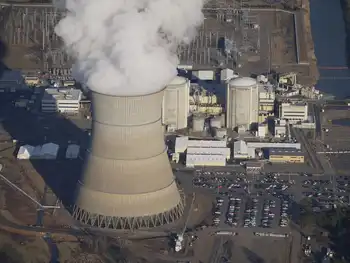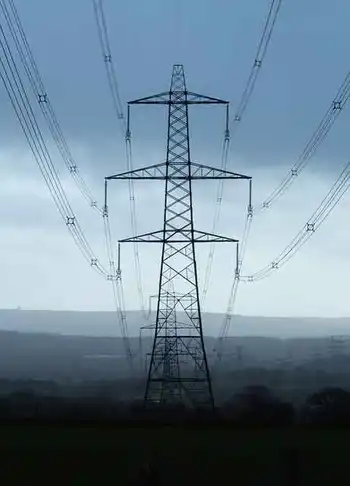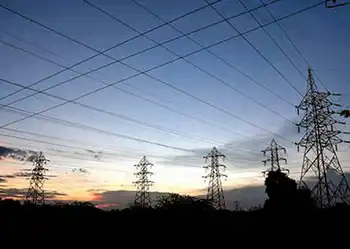DEWA awards Areva T&D supply contract
The order involves the supply of 11 high-voltage gas-insulated substations (GIS) that will help in the development and enhancement of Dubai's 132-kilovolt power distribution network. The order is scheduled to be completed within the first half of 2011, and is the largest order that Areva T&D has received in the United Arab Emirates (UAE).
It is expected to strengthen the long-standing relationship between DEWA and Areva.
A GIS is a compact piece of equipment, and the technology used to operate it permits an optimized equipment size and insulation, resulting in minimum impact on the environment. An electrical substation allows an increase in the electrical voltage that is leaving a power plant and makes it ready for transmission on a grid, and then decreases it again to make it usable by the consumer.
According to recent reports, the UAE government expects the long-term domestic power demand to decrease as a result of the recent economic downturn. Consequently, the government has reduced its 10-year forecast for the power requirement by about 30%.
In November 2009, Dr. Anwar Gargash, the Minister of State for Foreign Affairs, had said that the nation would require 40,000 megawatts (MW) by 2020. The nation now expects to increase its generation capacity from the existing 18,500 MW by 81% to 33,500 MW during this period. The lower estimate is probably the result of a lower demand in Dubai.
The higher forecast originally had been made in early 2008, but since then, the nation has borne the brunt of the global recession, which ended Dubai's property boom and slowed down the industrial development of the UAE. At the time of last year's forecast, the government-run Abu Dhabi Water and Electricity Authority (ADWEA) had estimated that the emirate would require 19,648 MW of power generation capacity by 2020.
This figure is almost 67% higher than the 6,542 MW of demand now projected for the current year. This implies that power demand in Dubai, which is next to Abu Dhabi in terms of both economy and population, will see a slowdown as well.
Contrary to forecasts made by analysts who predicted a drop in power demand as a result of the slowing economy, Saeed al Tayer, the chief executive of DEWA, said last April that Dubai's power demand rose 13% in the first quarter year-on-year, and he predicted an increase of 10% in the complete year.
In March 2009, financial services company Nomura Holdings, Incorporated predicted that power consumption in the UAE would slow down to 7% from 9% as the earlier increase had been caused by a rapid growth in population, especially in Dubai. Given Dubai's higher exposure to commercial real estate, the company said that the effects of the economic slowdown are higher on Dubai in comparison to the other emirates.
In July, Areva's supervisory board announced the possible sale of its T&D division as part of the company's 11 billion euro (US $15.8 billion) long-term expansion plan. A decision about the sale was to be made by the end of 2009. By selling its T&D division, Areva would be able to focus on all aspects of the nuclear power industry — from uranium mining to conversion and enrichment; from fuel design and fabrication to reactor design and construction; and from waste disposal to decommissioning — and establish itself as a leading player in nuclear technology.
After several offers and weeks of discussion, the company has decided to sell the division to a French consortium comprising electrical equipment company Schneider Electric SA and turbine and train-maker Alstom S.A., and keep the business within the country. Rival offers from manufacturing company Toshiba Corporation and General Electric Company were rejected in favor of the 4.09 billion-euro offer made by the French consortium.
The decision has the support of the government, which has a 93% stake in the company. The finer details of the transaction are still being discussed.
Related News

Nuclear Innovation Needed for American Energy, Environmental Future
WASHINGTON - The most cost-effective way--indeed the only reasonable way-- to reduce greenhouse gas emissions and foster our national economic and security interests is through innovation, especially nuclear innovation. That's from Rep. Greg Walden, R-Oregon, ranking Republican member of the House Energy and Commerce Committee, speaking to a Subcommittee on Energy hearing titled, "Building a 100 Percent Clean Economy: Advanced Nuclear Technology's Role in a Decarbonized Future."
Here are the balance of his remarks.
Encouraging the deployment of nuclear technology, strengthening our nuclear industrial base, implementing policies that helps reassert U.S. nuclear leadership globally... all provide a promising path to meet both…




